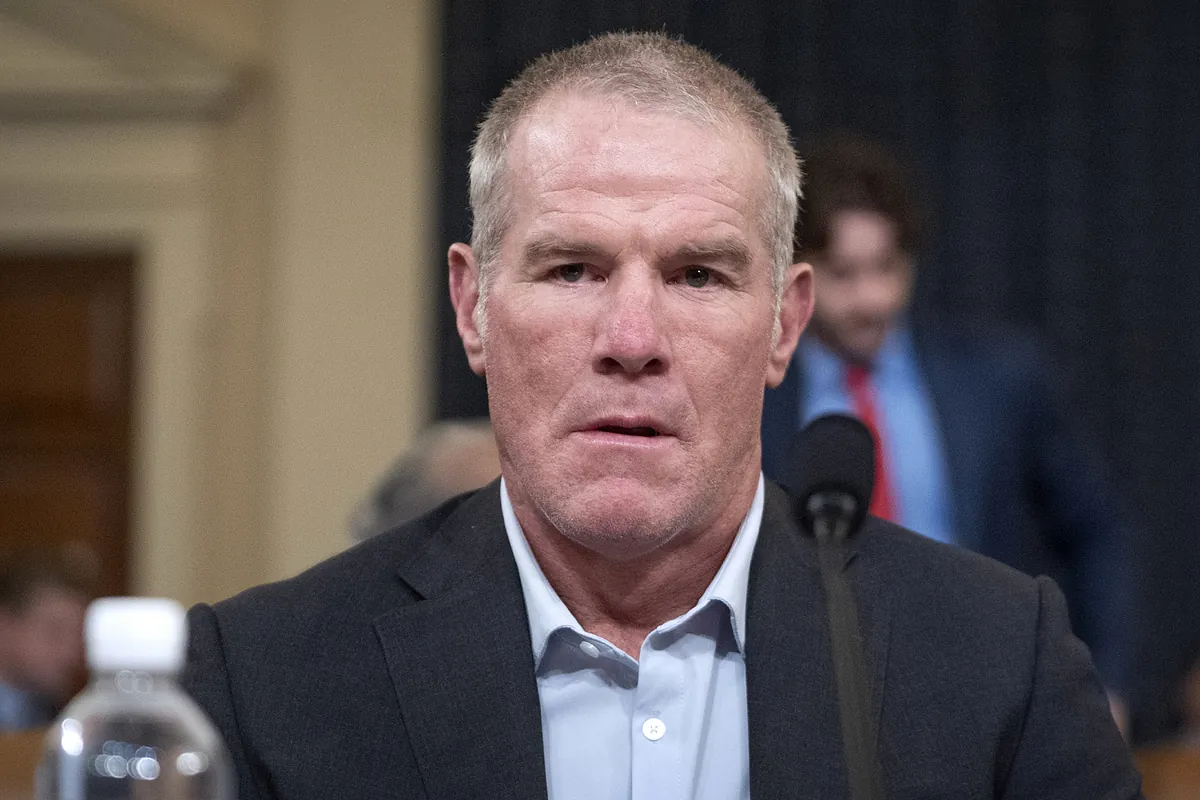

Brett Favre is once again stepping into the spotlight-this time not for a record-breaking throw, but for how he’s confronting Parkinson’s disease, as the NFL Hall of Fame quarterback gives a positive health update.
Revealing his diagnosis in 2024, the former footballer has provided fans good news relating to his condition following some experimental treatment methods in Tijuana, Mexico.
Favre, beloved by Green Bay Packers fans for his relentless style of play and Super Bowl-winning career, recently took to social media to announce a special tailgate event before the Packers’ game against the Dallas Cowboys.
On paper, it seems as though another celebrity is doing another event, but within the context of his health issues, it shows he is feeling healthy enough to continue engaging with the world rather than withdrawing from the public eye.
“Come tailgate and meet me at the Green Glove Hospitality party before the Packers/Cowboys game-right across from AT&T Stadium. This is one you won’t want to miss,” Favre posted, inviting fans to join him for a three-hour football experience on September 28.
Held at 816 North Collins Street in Arlington, the tailgate party promises gourmet barbecue, a premium open bar, and a rare meet-and-greet with the quarterback, with general admission from $464 and autographs from $300.
Favre turns to experimental methods to battle Parkinson’s
While the upcoming tailgate celebration has generated excitement, it’s Favre‘s approach to his Parkinson’s diagnosis that continues to draw admiration and attention as he looks to continue fighting on with the same grit he showed in the NFL.
First disclosing his condition during a congressional hearing in September 2024, after experiencing unusual stiffness in his right arm during everyday activities, he has since joined the Neuroregenerative Program at Ambio Life Sciences in Mexico.
There, he’s undergoing a controversial but promising treatment involving ibogaine-a naturally occurring psychedelic, although it is not approved by the U.S. Food and Drug Administration.
Ibogaine is found primarily in the root bark of the Tabernanthe iboga plant, which is native to Central Africa, and is known for its vivid psychological experiences, but also to interrupt substance abuse, boost mental health and fight neurological disease.
For example, it may stimulate the production of glial cell line-derived neurotrophic factor (GDNF), which supports neuron survival and regeneration. However, it is illegal in the United States as a Schedule I substance.
This treatment places Favre among a growing number of retired athletes who are turning to non-traditional methods to combat the long-term effects of brain trauma, including Parkinson’s and chronic traumatic encephalopathy (CTE).
Admirably, instead of seeking privacy, the former athlete is using his platform to spotlight alternative paths to healing as he confronts his condition head-on, inviting fans into his journey, and actively participating in shaping how athletes manage neurological decline in the years after retirement.
This news was originally published on this post .






Be the first to leave a comment